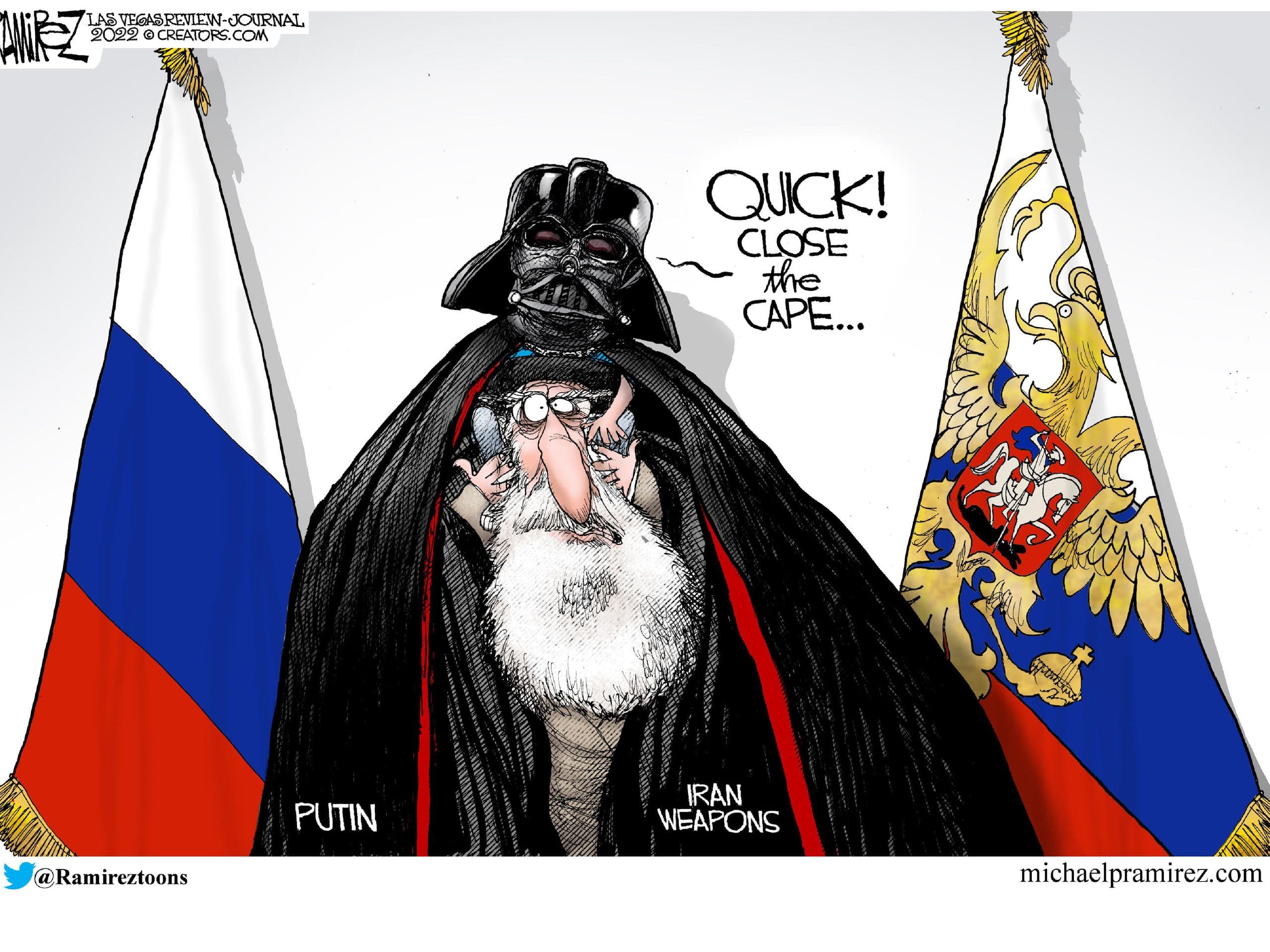Satirical 'Darth Putin' Tweet Draws Attention to Leader's Perceived Disregard for Public

A recent social media post from the widely followed satirical account "Darth Putin" has sparked discussion with its metaphorical critique of leadership. The tweet, attributed to @DarthPutinKGB, described a leader "wearing a King's crown dropping shit all over his subjects," a vivid image suggesting arrogance and detachment from the public. This commentary highlights the ongoing role of political satire in online discourse.
The "Darth Putin" account is renowned for its sharp, often humorous, lampooning of Russian President Vladimir Putin and global political events. Operated by an anonymous individual, the account frequently employs exaggeration and irony to comment on perceived political failings and leadership styles. Its history includes temporary suspensions from social media platforms, underscoring the fine line between parody and platform guidelines.
Political satire has emerged as a powerful form of digital communication, offering an alternative perspective on complex political issues and engaging a broad audience. Research indicates that such content can both entertain and inform, fostering critical thinking and providing an accessible entry point into political commentary. It often serves to challenge authority and expose perceived hypocrisies through indirect means.
The specific metaphorical language used in the tweet—a leader "dropping shit all over his subjects"—serves as a potent, albeit crude, symbol of a ruler's disregard for their constituents' well-being. This type of imagery allows for broad interpretation and discussion, enabling criticism without direct accusation. It taps into universal themes of power, accountability, and public sentiment regarding governance.
Ultimately, the viral nature of such satirical content underscores its resonance within public discourse, reflecting a segment of public opinion regarding leadership effectiveness and empathy. The "Darth Putin" tweet exemplifies how humorous and metaphorical social media posts can effectively convey strong political sentiments. It prompts reflection on the perceived gap between leaders and the populace they govern.